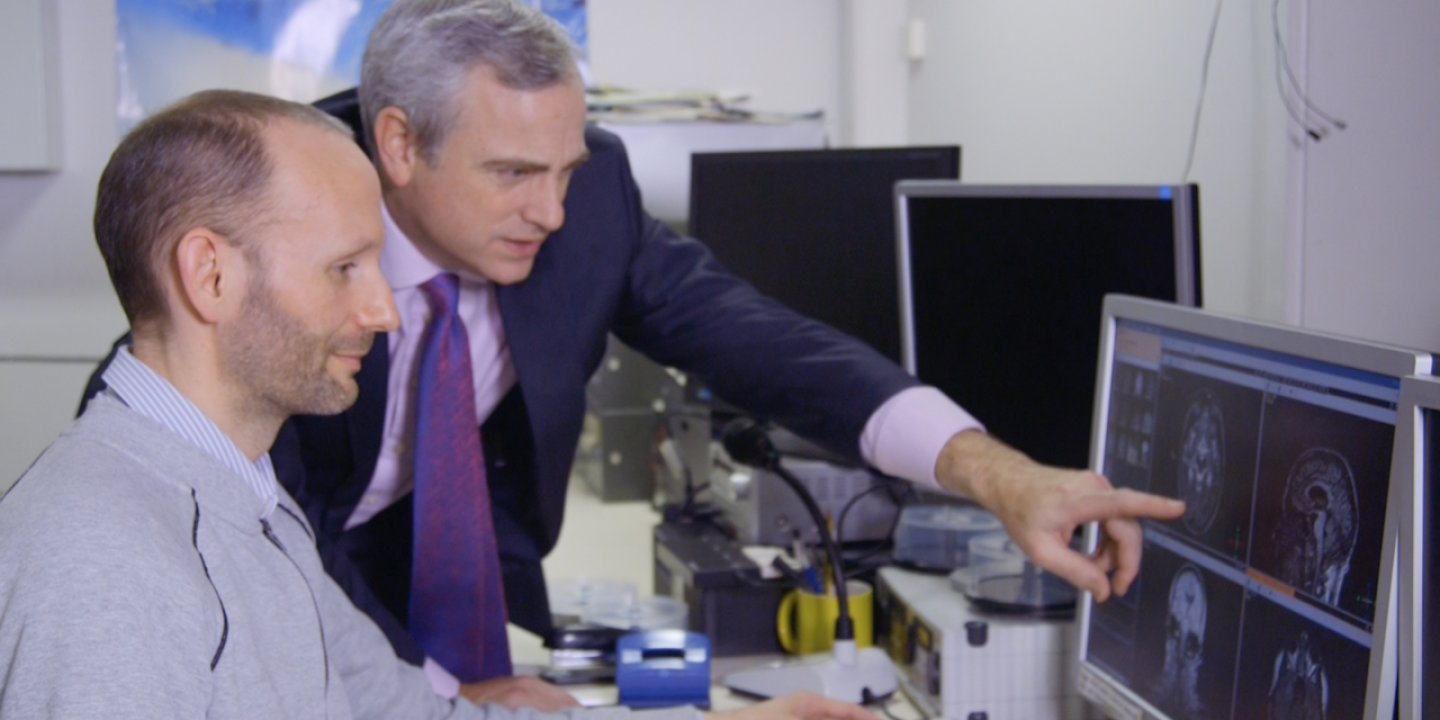
MS-STAT2 trial for secondary progressive MS begins UK-wide recruitment
We're co-funding a landmark phase 3 trial exploring simvastatin for secondary progressive MS. MS-STAT2 will involve 1,180 people across the UK.
Simvastatin is currently used to treat high cholesterol. We're co-funding this study to confirm if it can slow or stop disability progression for people with secondary progressive MS. If so, it has the potential to become one of the first disease modifying therapies for people with secondary progressive MS.
If you have secondary progressive MS and would like to be considered to take part in MS-STAT2, you can register your interest on the University College London (UCL) website.
Building on encouraging results
Positive results from a smaller Phase 2 trial, MS-STAT, showed simvastatin could improve levels of disability and slow disease progression. It also reduced the rate of brain atrophy (shrinkage), suggesting the treatment could protect nerves from damage.
MS-STAT2, first announced last year, will be recruiting at 30 sites across the UK and Ireland until the end of 2019, including London, Glasgow, Belfast and Dublin.
Promising treatment prospects
Dr Jeremy Chataway, from UCL's Institute of Neurology, is leading the trial. He told us:
Simvastatin is one of the most promising treatment prospects for secondary progressive MS in our lifetime.
"People with this form of the condition have been waiting decades for a drug that works, which is why there’s such excitement around being able to start the trial. While it’s still early days, we believe simvastatin could change lives.”
Working together to stop MS
We're funding this multi-million pound trial in collaboration with the National Institute for Health Research, the National MS Society (US), the NHS and UK universities.
Dr Susan Kohlhaas, our Director of Research, says:
We're incredibly proud to be co-funding MS-STAT2, because we know what it could mean for people living with progressive MS.
"This condition is unpredictable, painful, and often exhausting, but finding an effective therapy means debilitating symptoms aren’t inevitable.
“Today if you’re diagnosed with this form of MS you don’t have any options, but we’re getting closer to changing that, and hopefully delivering the solution everyone has been waiting for.”
Apply to join the MS-STAT2 trial
Do you have secondary progressive MS? If you do and want to be considered to participate in MS-STAT2, you can register your interest on the UCL website.



